A Month of Sundays
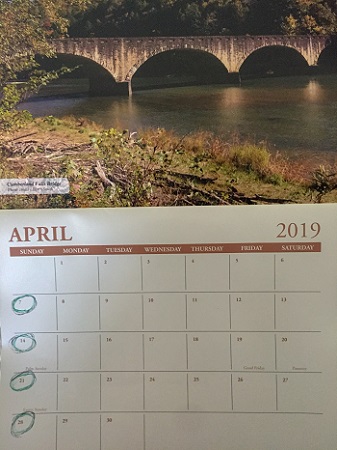 A month of Sundays means a long time.
A month of Sundays means a long time.
“I haven’t seen you in a month of Sundays” was a common greeting where I grew up. This often happened with:
- Out-of-state relatives who visited once a year
- People who went to school together years earlier
- Grandparents who had not seen grandchildren for a few days
They meant the time between visits seemed to last forever.
A month of Sundays also means something will never happen.
If invited to pet a snake, many might reply, “Not in a month of Sundays.” They never plan to do it.
God gave Sundays for worship and rest.
Worship allows people to focus on God. Rest gives them a pick-me-up after a hard week of work.
Years ago on Sundays, many churches did not allow:
- Games or sports
- School or community events
- Shopping
- Work, except emergencies
- Anything much except church attendance and quiet rest
Therefore, some people thought Sundays lasted a long time. A month of Sundays would have felt extra long.
I fear people today have gone too far the other direction. They burn their candles at both ends. As a result, they stay tired and stressed without God’s day of rest.
“Remember the Sabbath day, to keep it holy” (Exodus 20:8 NKJV).
Thanks to Carole Fite and Darrin Jenkins for this suggestion. Thanks also to Taylor County Bank for the use of their calendar page with Larry Smith’s photo.
Do you have an expression you want explained? If so, please comment below.
Subscribe to receive my weekly posts by email and receive a free copy of “Words of Hope for Days that Hurt.”
If you enjoyed this post, please share it with your friends.
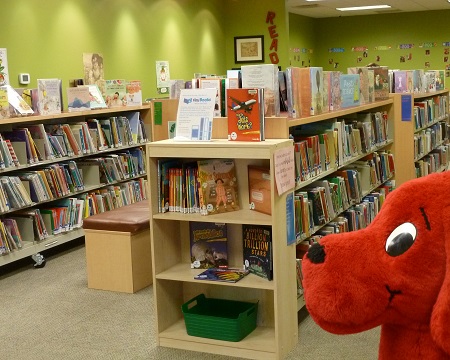 When we want to check if something happened, we look in the books.
When we want to check if something happened, we look in the books.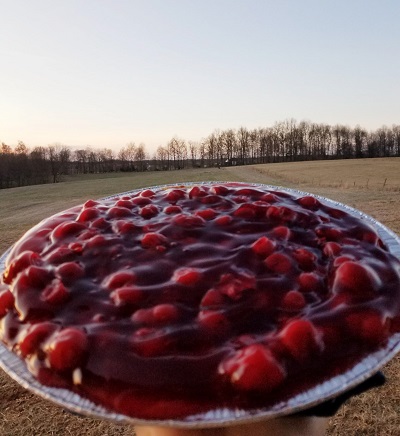 Joe Hill wrote about pie in the sky in his 1911 song,
Joe Hill wrote about pie in the sky in his 1911 song, 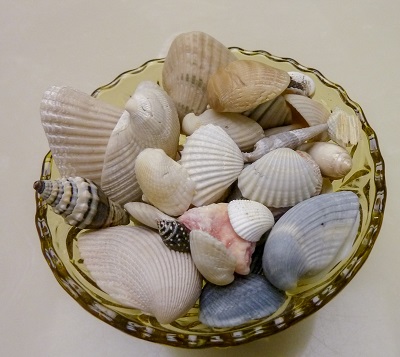 To warm the cockles of my heart, something makes me happy.
To warm the cockles of my heart, something makes me happy.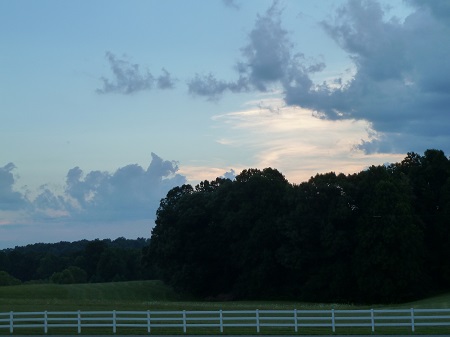 At the end of the day means our final conclusion.
At the end of the day means our final conclusion.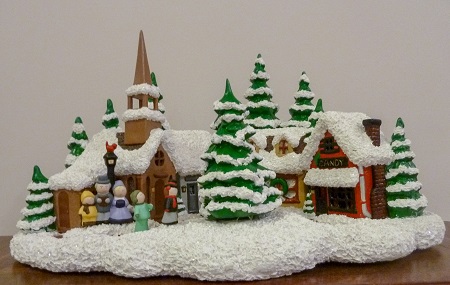 Deck the Halls is a traditional Christmas and New Year’s song.
Deck the Halls is a traditional Christmas and New Year’s song.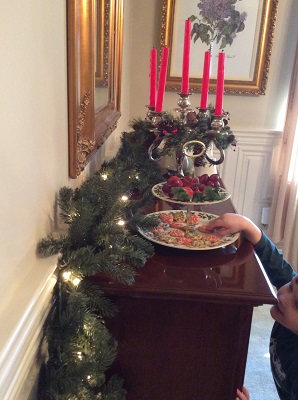
 Patience is not my greatest strength. Most of the time, I want everything done immediately, if not sooner. I want it done now, but I wish it were already done.
Patience is not my greatest strength. Most of the time, I want everything done immediately, if not sooner. I want it done now, but I wish it were already done. Many children love to play in mud. Some animals roll in mud. However, no one wants to hear his name is mud.
Many children love to play in mud. Some animals roll in mud. However, no one wants to hear his name is mud.